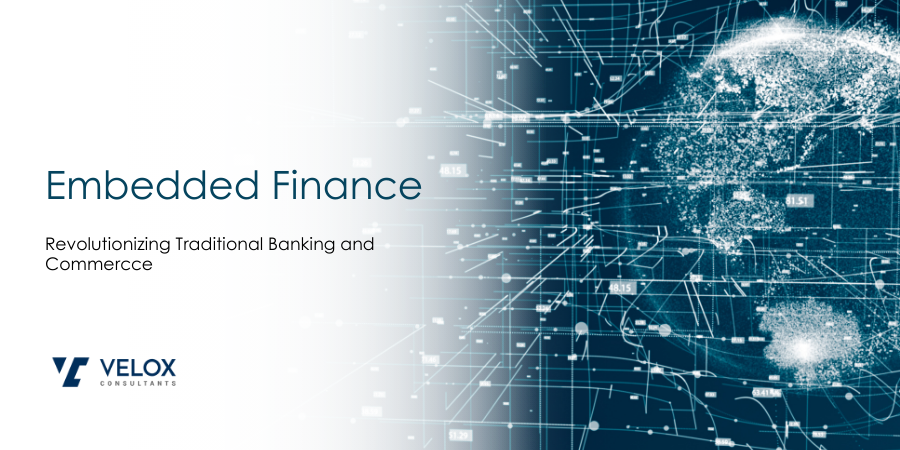
Embedded Finance integrates financial services into the digital experience, creating new revenue streams and improving customer engagement. Organizations can unlock new value and thrive in the digital age by leveraging APIs, blockchain, and AI.

Leverage technology, collaboration, empathy, and adaptation to prioritize customer experience, driving improved health outcomes and positively impacting public health through digital engagement, personalized care, stakeholder collaboration, quality and safety, and optimized access.

EMS is a part of the electronics industry that offers outsourced services for electronic products. It includes designing, engineering, manufacturing, testing, and logistics. EMS providers serve medical, automotive, aerospace, and consumer electronics. The electronics manufacturing services market is expected to grow to over US$900B by 2030, with a CAGR of over 8% from 2024 to 2030.

E-mobility is revolutionizing transportation with cleaner, more efficient, and quieter vehicles. Dive into the key components fueling this transformation, from cutting-edge batteries and energy-dense motors to smart charging technology and future-proof power electronics. Explore the environmental benefits, sustainability strides, and the exciting roadmap for a greener tomorrow on wheels.
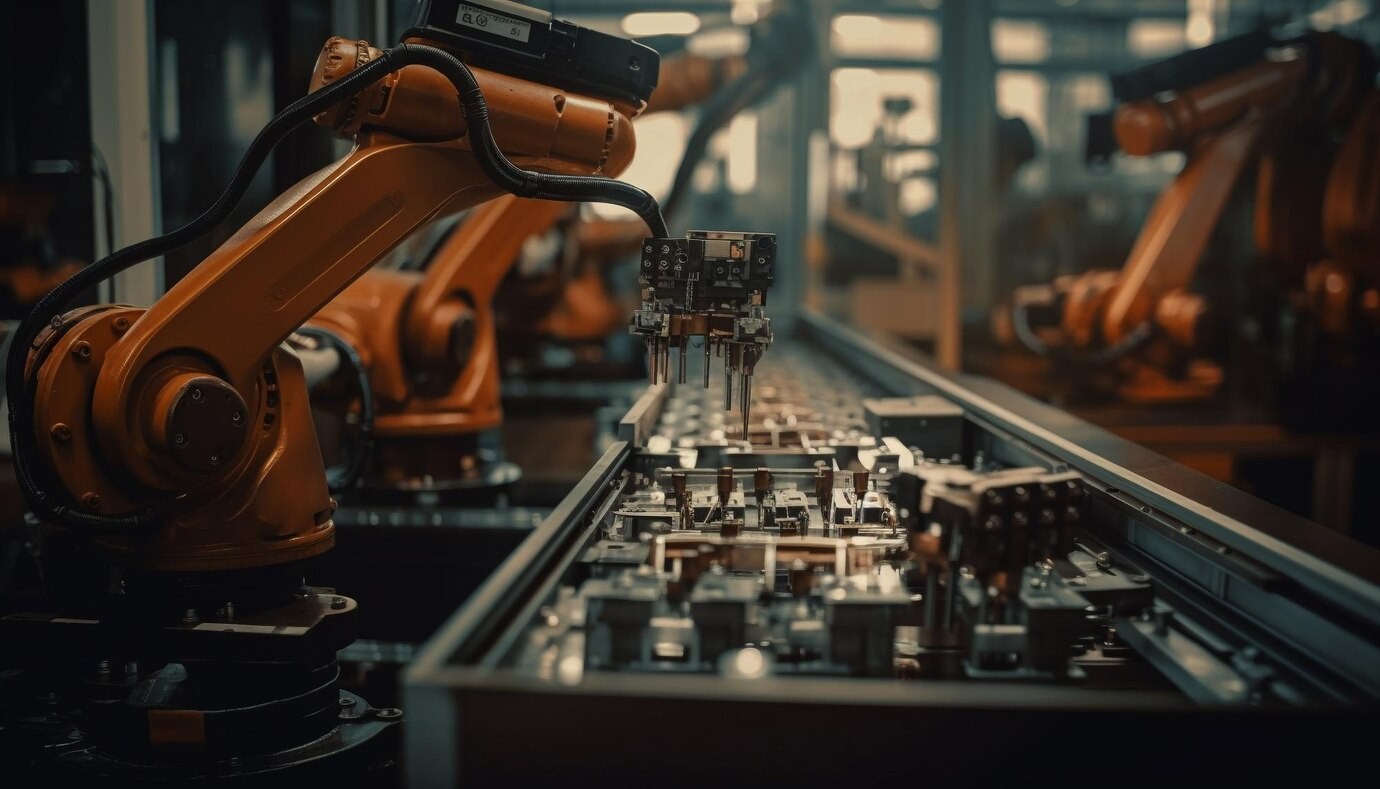
Microfactories, integrating AI and sustainability practices, are gaining recognition as an agile manufacturing approach. They have the potential to reshape the industry landscape and create a more sustainable future. The synergy between innovation, demand, and regulatory support is set to propel the microfactory market to unprecedented heights.
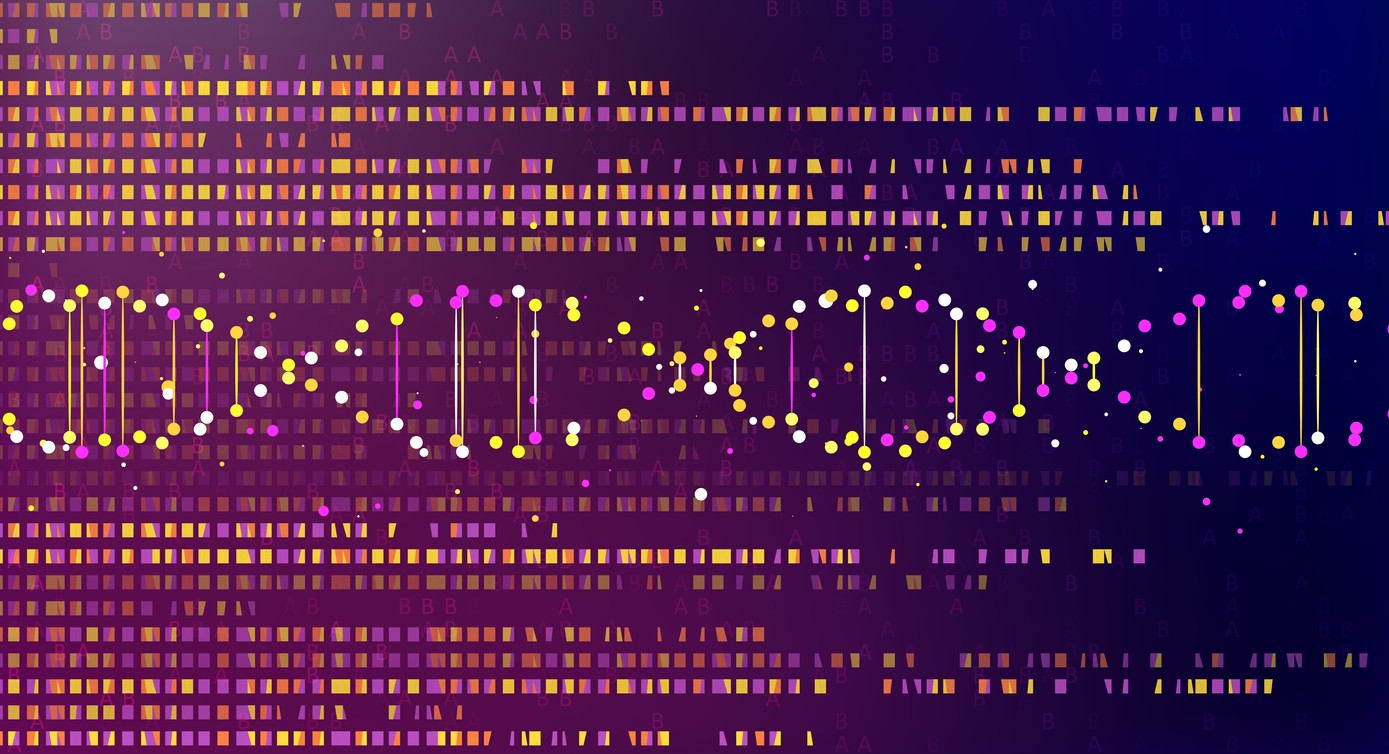
Advancements in genomics are transforming the healthcare industry by providing a means to decode the language of DNA. This breakthrough discovery enables us to usher in a new era of personalized medicine, preventive care, and potentially even cures for previously untreatable illnesses.

Climate tech is a dynamic sector encompassing innovative technologies to tackle climate change, fostering a more sustainable future. It includes renewable energy, energy efficiency, carbon capture and storage, circular economy, and climate-resilient infrastructure. These technologies rapidly transform industries and economies, paving the way for a greener future.
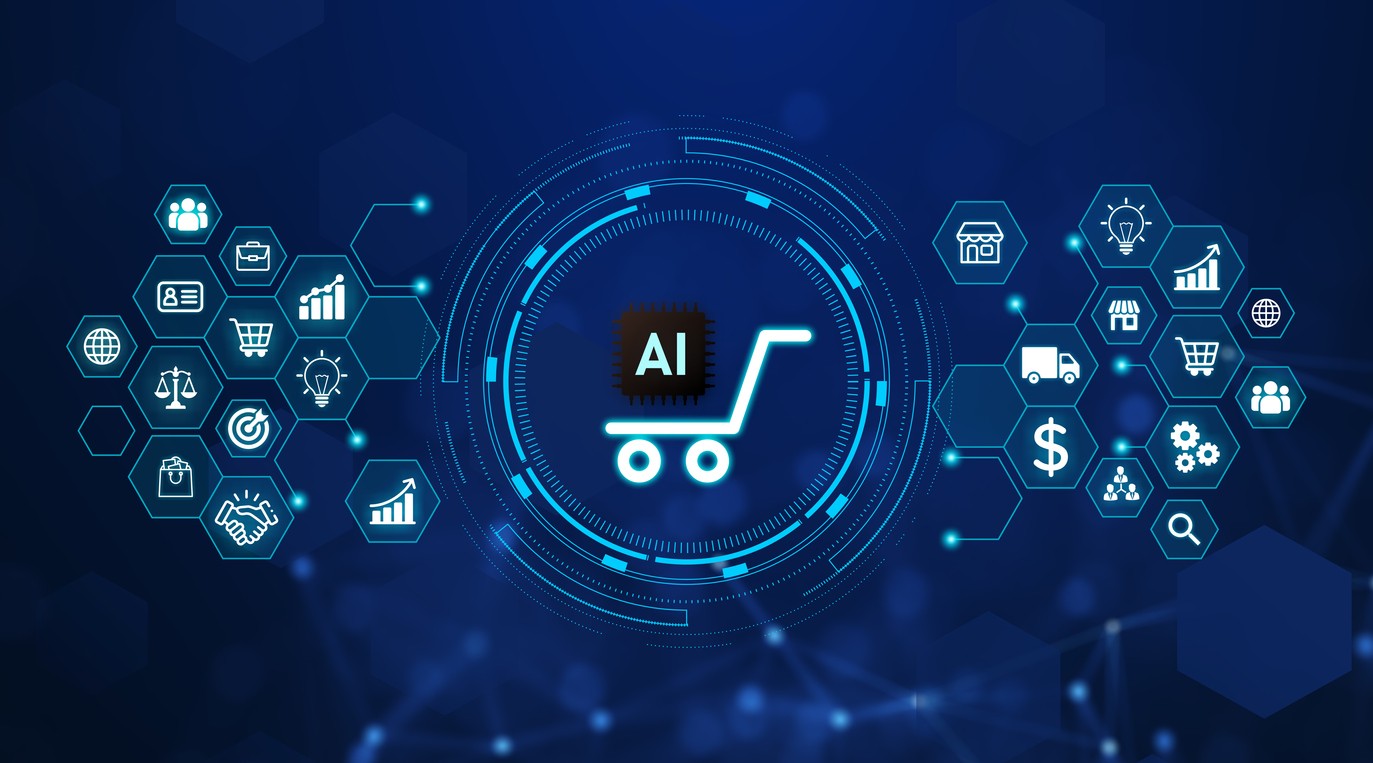
To create a winning D2C market fit strategy, define your target market, conduct thorough research, analyze the competition, validate product-market fit, embrace data analytics, personalize experiences, engage with your community, prioritize customer feedback, and stay ahead of emerging trends.
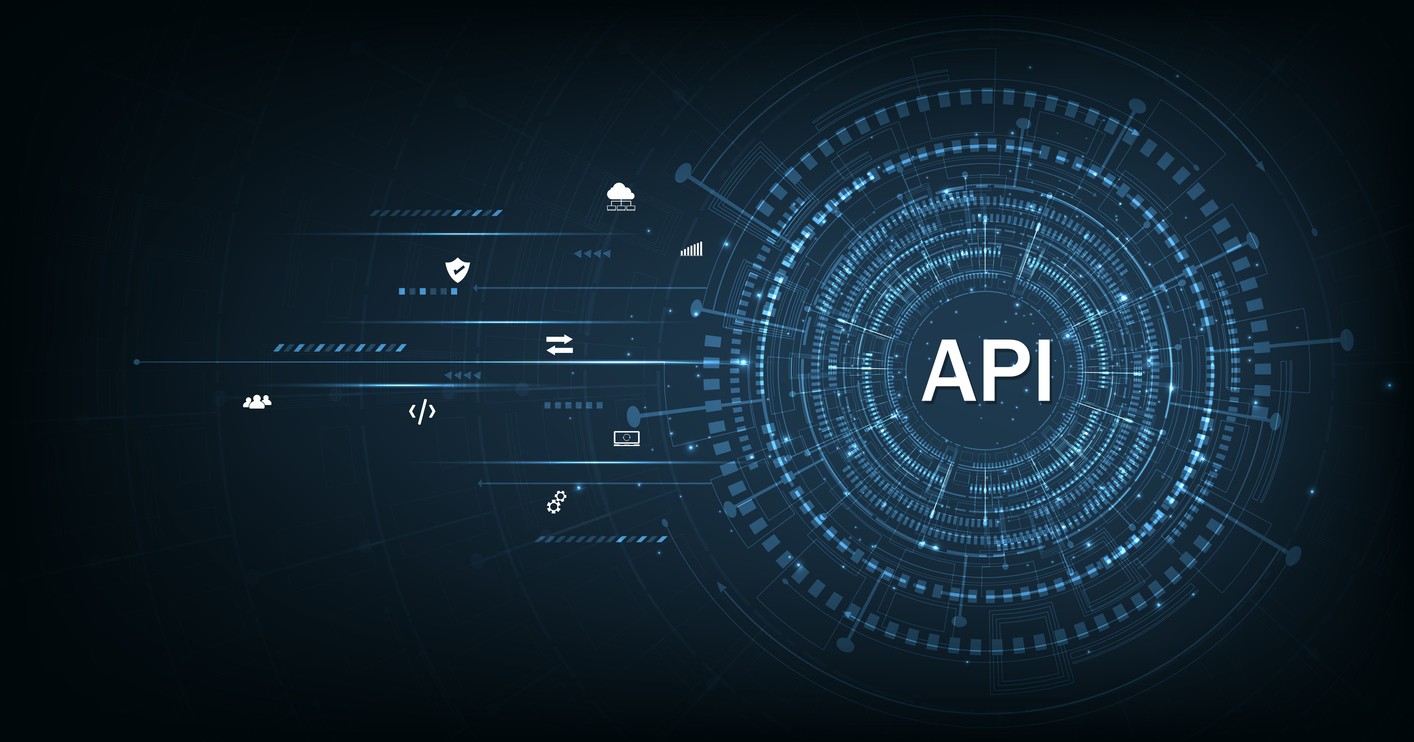
APIs are transforming the financial industry by enabling seamless data exchange, enhancing customer experiences, and promoting open banking. While raising concerns about security and compliance, APIs foster connectivity, scalability, and efficiency, creating new business models and opportunities.
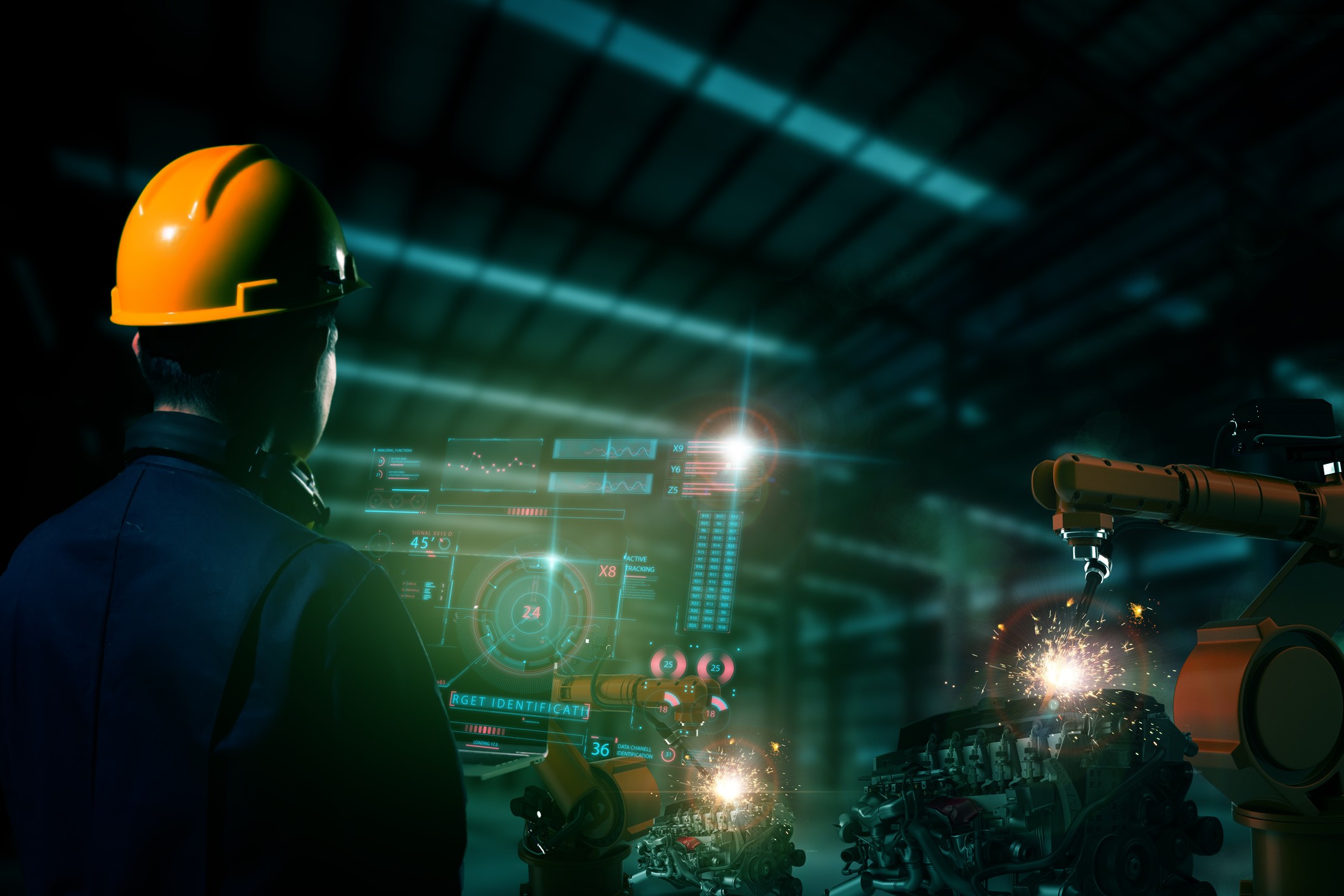
Digital twins are virtual models that simulate the behaviour and predict the performance of physical objects or systems. The market for digital twins in Industry 4.0 is expected to grow to over $145 billion by 2030.

DeepTech leads technological innovation, offering solutions to global challenges. AI, quantum computing, and biotech can address healthcare, energy, and sustainability.

Promising startup sectors include blockchain, synthetic biology, AI, space, and sustainability. These areas have grown due to secure systems, biotech advances, AI demand, space exploration, and sustainability needs.